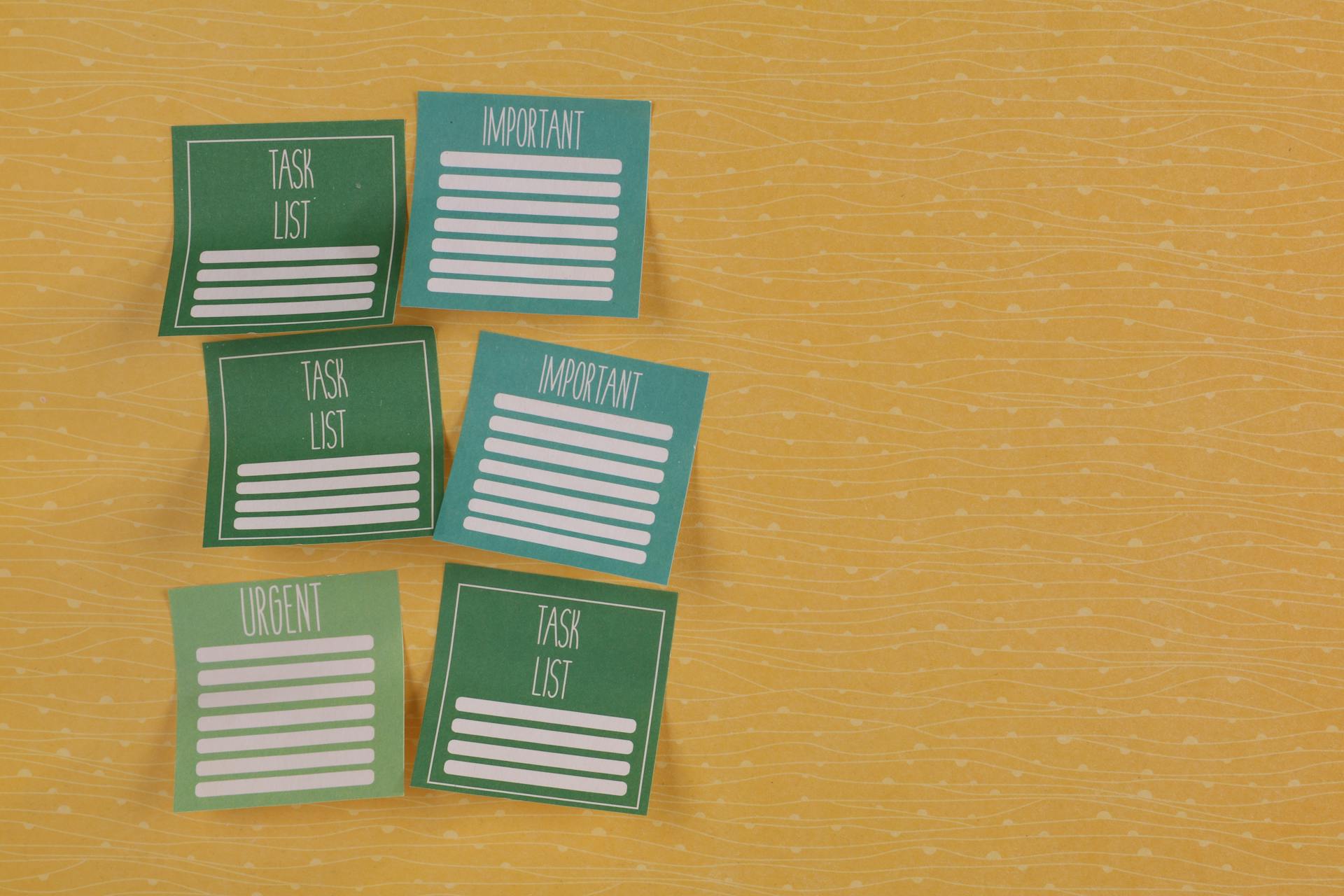

Dale Carnegie put it best. “Our fatigue is often caused not by work, but by worry, frustration, and resentment.”
We all experience frustration; it is a natural response to stress, after all. Your internet goes out during a virtual meeting. Getting stuck in a line. Having construction on your street while working from home. And stress causes fatigue.
These are certainly frustrating examples. But, they’re also temporary. The internet will come back on, the line will move, and at some point, the construction will cease.
However, there are also long-term stressors. Examples include being dissatisfied with work, dealing with a manipulative family member, or failing to reach a life goal like starting your own business.
As a consequence, this can lead to other negative emotions like anger, anxiety, depression, irritability, loss of confidence, and stress. When not addressed, this can impact your health and wellbeing. It can even put a strain on your relationships if you’re constantly losing your temper.
Moreover, this can cause you to give up and fall prey to negative self-talk. The latter can cause you to make poor and aggressive decisions. And, frustration can even lead to nightmares.
In some cases, though, frustration can be helpful. Sometimes it’s letting you know that you’re ready to move on to the stage of your life or career. It can also remind you what your passions are and how to solve problems in a more productive and better way.
Regardless of how you use the frustration, you still need to find ways to cope and channel it. If not, it can interfere with all facets of your life. Thankfully, you can give these ten methods a try.
1. Build frustration tolerance.
“Frustration tolerance can be learned,” states Amy Morin, LCSW. “With practice and consistent dedication, you can decrease the intensity of your frustration, and you can learn to express your feelings in socially appropriate ways,” Morin suggests using the following strategies to make this possible;
- Accept tough situations. “When you catch yourself dwelling on the unfairness of life, consider whether it’s a situation you can change or whether you need to change the way you respond to it,” she says. “If the situation is outside of your control, then focus on acceptance.”
- Give yourself a pep talk. “Remind yourself that you can cope with distressing feelings,” Morin recommends. Try taking a deep breath or counting to 10 whenever you feel upset.
- Learn how to calm your body. Experiment with breathing exercises, meditation, or progressive muscle relation to lower your heart rate and blood pressure.
- Practice tolerating frustration. “Purposely do something that is mildly frustrating, like working on a tough puzzle or waiting in a long line,” advises Morin. “Manage your self-talk, and use healthy coping skills to deal with your feelings.”
2. Make a date with me, myself, and I.
Is everyone around you getting on your last nerve? You might be experiencing a “human hangover.” And, the best cure is going on a solitude-detox.
Spending time alone isn’t for everyone. But, having a little me time lets you reflect, find your voice, and chill out. It can also spark creativity, gives you a chance to plan your life, and it’s good for your mental wellbeing.
Best of all? You don’t have to disappear and hide out in the cabin for a week. Sometimes just going for a 30-minute walk will suffice. Other times you might just need an evening to yourself.
3. Distract yourself.
Have you ever been a child who gets ticked off when they can’t do something? One of the best ways to stop their feat of rage is to divert their attention to something else. And, that’s also a technique that you can still use.
Let’s say that you’re procrastinating on a task and it’s really starting to make your blood boil. Just stop working on it. Instead, do something else from your to-do-list.
If you’re in a really foul mode, you might want to do something that’s relaxing, like exercising or reading. These are healthy ways to blow off some steam and keep your mind focused on something else.
4. Change the tone of your thoughts.
Techniques like positive visualization can be another way to distract yourself in a healthy way. Mainly because this encourages you to shift your focus to something more pleasant. However, positivity won’t always cure you of your frustration.
It can, however, “help you transition your thought process to a new path,” Rachel Sharpe writes for Declutter The Mind.
“Have you ever found yourself thinking a negative thought and going down a rabbit hole?” Sharpe aks. “And somehow, this one thought magnifies into something so big you can’t control it?” Recite all the positive mantras you want; you aren’t going to be able to climb out of this frustrating spiral.
“When a negative thought enters your mind, think of a piece of evidence that counters it,” suggests Sharpe. For example, you forgot to buy eggs at the grocery store. Don’t tell yourself that you’re a forgetful person because this “is a permanent way to describe yourself for making a tiny mistake.”
“Instead, think to yourself, ‘I forgot to buy eggs because I didn’t include it on the grocery list due to being busier than usual today. I can pick some up tomorrow,’” she adds. “That way, you include a reason for not buying eggs, and you also include a solution proving that the problem is fixable.”
5. Forget the timeframe.
There are times when deadlines can come in handy. For instance, if you had to leave at 11:30 am to meet a friend for lunch, that you could use that to motivate you to get your most important work done first.
On the flipside, unrealistic deadlines also put us under a lot of pressure. And, when we fail to meet them, we beat ourselves up.
Sometimes, you might be better off easing-up on rigid timeframes. Instead, focus on your progress.
Let’s say that you wanted to lose 20-pounds in a month. That might be a tad industrious. But, if you lost 10-pounds during that period, give yourself props for still losing weight — even if you didn’t reach your ultimate goal.
6. Be more attractive.
No, this isn’t about succumbing to your vanity. Rather, it’s about making you happier and strengthening your relationships.
The first place to start? Decide to live in a beautiful state. Tony Robbins says this is possible by saying, “I’m not going to give up my happiness over little stuff.”
You should also remind yourself not to obsess over the “things I can’t control.” Rather, “focus on what I can control and what I can do.”
“And when people are generous, when they’re playful,” adds Robbins. They’re also more warm, sincere, and loving. In turn, “people love to be around them. There’s nothing more attractive.”
But, what does it really take to be more attractive? It’s all about is appreciating your life.
“Most people, their upsets are because their expectations aren’t met,” states Robbins. “You expect people to be a certain way.” Additionally, you expect yourself and the government to be a certain way, “and it isn’t.” So, he advises to “Trade your expectations for appreciation, and your whole life changes like that.”
“If you can just start appreciating the people around you,” this moment, and the “things that you’re not noticing, you’ll live in a beautiful state, and other people will find being around you an attractive or an enjoyable experience,” he says. “It’s that simple.”
7. Use frustration as a catalyst.
Have you ever been told that you couldn’t do something? I doubt that you just shrugged and said, “Whatever.” Instead, that might have pushed you to take action.
“One fascinating aspect of frustration is that it is a kind of tool that can help us to identify our needs or goals (which are blocked), of which we might not even have been aware,” states Dr. Bertus Jeronimus. “Frustration is therefore not necessarily bad, as it helps to identify problems, and propelled by discomfort, can act as a motivator to change towards different ways or truer answers.”
“When people are frustrated, they make greater efforts and strive in other directions,” adds Dr. Jeronimus. As Thomas Edison perfectly put it, “I have not failed. I’ve just found 10,000 ways that won’t work.”
8. Think about your hero.
I remember the one time I got an in-school suspension. My mom was furious. But, what really cut through me like a knife was when she said, “Your grandfather wouldn’t have done that.”
I admired my grandfather. And, I wanted to be just like him. So, those words not only stung, but they also put things in perspective.
To this day, whenever I get worked up or in a precarious situation, I still ask myself what my grandpop would do. I know that if he gets frustrated — he won’t scream or take his anger out on others. He would take a couple of deep breaths, close his eyes, and then respond to the problem calmly.
9. Stop listening to Gandalf.
If you’ve watched Peter Jackson’s Lord of the Rings movies, you might agree one of the most memorable scenes involved Gandalf. Standing before the Balrog, he proclaims, “You shall not pass.”
What does that have to do with frustration? Well, hold on to that ball of negative emotions exacerbate anxiety and stress and increase the risk of coronary heart disease. Besides, learning how to get let go can lift you up and make your relationships stronger.
10. Think big but stay specific.
As opposed to steering clear of goals or plans that are intimidating, Adam Grant, Ph.D., a psychology professor at The Wharton School at the University of Pennsylvania and author of Originals, suggests we embrace them. Why? Because it turns out that we’re actually more motivated by ambitious goals.
“Decades of research show that extremely difficult, specific goals motivate us to work harder and smarter,” he writes in The New York Times. “Most of us prefer a task with a 50-50 shot of success over an easier one.”
To ensure that you don’t fall off the tracks, remind yourself that the steps you’re taking are bringing your closer to your goals. The obvious way to do this is by breaking down large goals into small, more manageable ones.
[Related: New Strategies for Coping in Business]
Image Credit : uriel mont; pexels











John Rampton
John’s goal in life is to make people’s lives much more productive. Upping productivity allows us to spend more time doing the things we enjoy most. John was recently recognized by Entrepreneur Magazine as being one of the top marketers in the World. John is co-founder and CEO of Calendar.